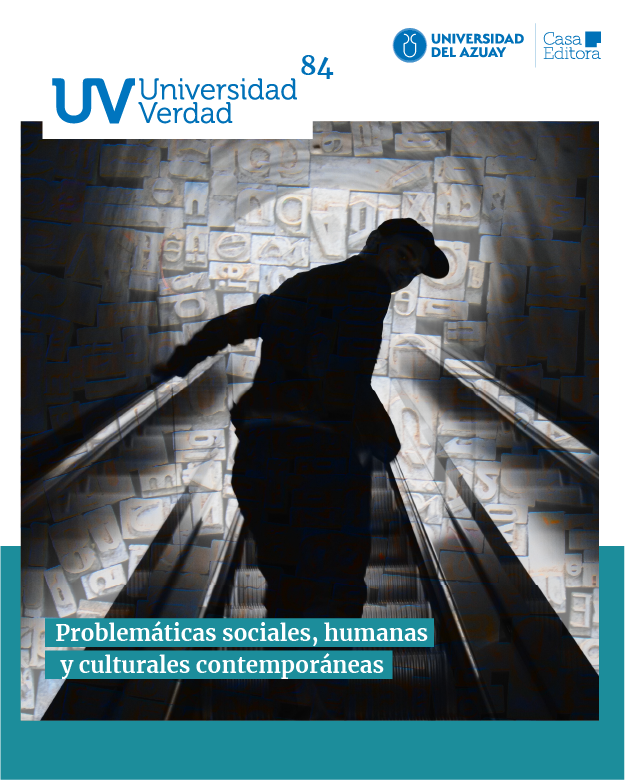LOS ESTUDIOS POLÍTICOS LATINOAMERICANOS ANTE LA INTELIGENCIA ARTIFICIAL: ¿ABORDAN LAS MALLAS CURRICULARES UNIVERSITARIAS REGIONALES ESTA TECNOLOGÍA Y LA DISRUPCIÓN SOCIOPOLÍTICA QUE CONLLEVA?
DOI:
https://doi.org/10.33324/uv.vi84.783Schlagworte:
Inteligencia Artificial, Cuarta Revolución Industrial, Estudios Políticos, Ciencia Política, pénsum, Ranking QS World UniversityAbstract
Este artículo revisa las mallas curriculares de las carreras de Estudios Políticos de las diecisiete universidades latinoamericanas mejor situadas en este campo, tomando como referencia el ranking QS World University. La hipótesis de trabajo -que se cumple- sostiene que la gran mayoría de programas académicos no cuentan con asignaturas sobre política e IA, ni temas afines, lo cual evidencia, al menos parcialmente, una desconexión de la disciplina regional con las grandes cuestiones tecnológicas del presente y el futuro, que traen un drástico cambio social de carácter multidimensional que, ineludiblemente, atraviesa lo político, implicando amenazas para el desarrollo humano y la convivencia democrática. Asimismo, los datos empíricos recogidos en este trabajo sugieren que en los departamentos de Ciencia Política regionales no se comprende cabalmente el poder transformador de la Cuarta Revolución Industrial en el campo político y social, ya que se mantiene un enfoque académico conservador, que aborda fundamentalmente las bases de la disciplina, es decir, los clásicos problemas político-científicos de la modernidad occidental, principalmente los concernientes a los siglos XIX y XX.
Palabras clave: Inteligencia Artificial, Cuarta Revolución Industrial, Estudios Políticos, Ciencia Política, pénsum, Ranking QS World University.
Abstract
This academic article reviews the curricula of the Political Studies majors of the seventeen Latin American universities best placed in this field, taking the QS World University ranking as a reference. The working hypothesis - which is fulfilled - maintains that the vast majority of academic programs do not have subjects on politics and AI or related topics, which at least partially shows a disconnection of the regional discipline with the great technological issues of the present and the future, which entail a drastic social change of a multidimensional nature that inevitably crosses the political, implying threats to human development and democratic coexistence. Likewise, the empirical data collected in this work suggests that in the regional Political Science departments, the transformative power of the Fourth Industrial Revolution in the political and social field is not fully understood since a conservative academic approach is maintained that fundamentally addresses the bases of the discipline, that is, the classic political-scientific problems of Western modernity, mainly those concerning the 19th and 20th centuries.
Keywords: Artificial Intelligence, Fourth Industrial Revolution, Political Studies, Political Science, curriculum, QS World University Ranking.





